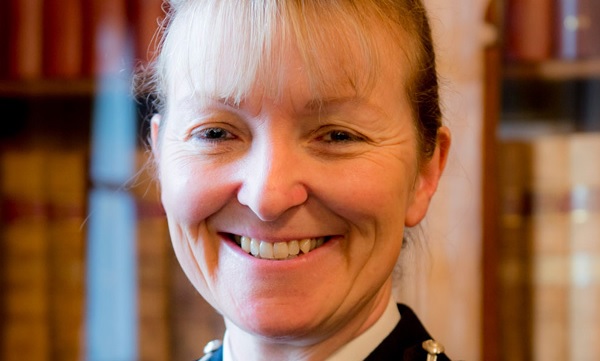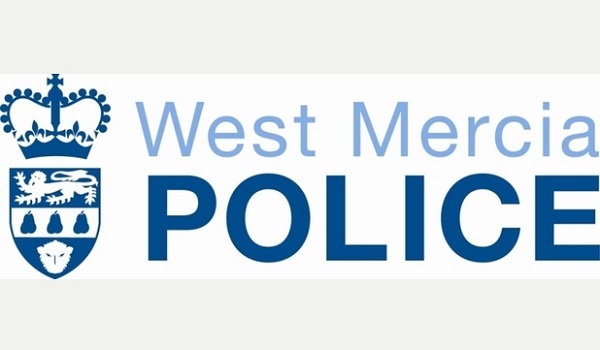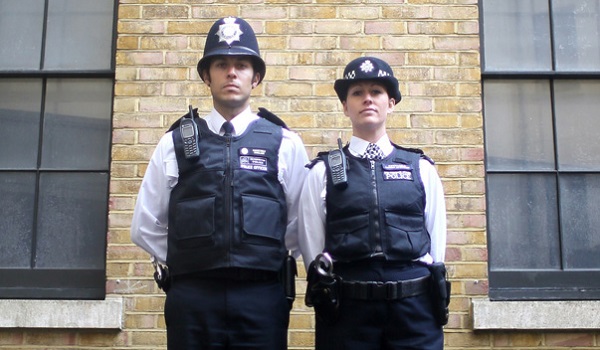Stalking analysis reveals domestic abuse link
New analysis of stalking prosecutions by the Crown Prosecution Service (CPS) has revealed that the majority of offences are committed by former partners who were abusive during their relationships.
A record 2,288 charges were brought in 2019/20 – more than double the number five years previously, partly driven by better recognition among police and prosecutors of stalking as part of a wider pattern of domestic abuse.
The CPS analysis – the first of its kind – involved the study of stalking cases sampled at random from across England and Wales. A total of 84 per cent of the cases involved complaints against ex-partners and three-quarters reported domestic abuse had previously occurred during the relationship.
The data is being released to mark the UN’s 16 Days of Activism Against Gender-Based Violence.
Joanna Coleman, CPS national lead for stalking prosecutions, said: “Stalking is an abhorrent offence which leaves victims traumatised, humiliated and often in genuine fear of their lives.
“I am very encouraged to see our work in this area reflected in a record number of stalking prosecutions, however, we recognise there is always more to be done.”
The CPS analysed a random cross-section of 50 stalking prosecutions completed between April and June 2020 across all 14 of its regional offices.
In every case involving an ex-partner, victims were bombarded with unwanted and often threatening phone contact and were physically stalked at their home or place of work. Social media was cited as a significant factor in 17 cases, with offenders usually creating multiple Facebook and Instagram accounts to get around being blocked by their victims.
Three cases involved the disclosing of private sexual images – so-called ‘revenge porn’, with one woman’s photos sent to her manager by an ex.
In two cases, trackers were put on the victims’ cars and one involved an attempted abduction.
In eight prosecutions, the victim and perpetrator had not been in a relationship. These involved friends, colleagues or strangers developing fixated, obsessive, unwanted and repeated attention towards victims.
Recent data from the National Stalking Helpline, run by Suzy Lamplugh Trust, found that 100 per cent of reports involved some form of digital stalking, with this pattern intensifying over the lockdown periods of this year. Victims describe themselves a “sitting ducks” with perpetrators having more time on their hands.
Ms Coleman added: “What we are seeing time and again in this sample of cases is very often abusive men refusing to accept their relationships are over and not allowing their exes to move on with their lives.
“This manifests in behaviour spanning obsessive and threatening messaging to – at the more extreme end of the spectrum – physical violence and placing trackers on their movements.
“This is abuse pure and simple and anyone engaging in this sort of behaviour faces a wide range of very serious criminal charges.”
Deputy Chief Constable Paul Mills, stalking and harassment lead for the National Police Chiefs’ Council, said: “Nationally we have seen an increase in stalking offences since March and factors such as loss of employment, working from home or being furloughed has increased perpetrator’s time and capacity to target victims.
“I would always urge anyone who believes they may be subject of stalking to come forward at the earliest opportunity and report their concerns to police so we can work with them to protect them.”
Suky Bhaker, chief executive of Suzy Lamplugh Trust, said: “The impact of stalking is devastating and can infiltrate every aspect of a victim’s life, with 78 per cent of victims reporting symptoms consistent with PTSD according to a recent pilot study. It is important that victims report this crime and seek specialist support.”







